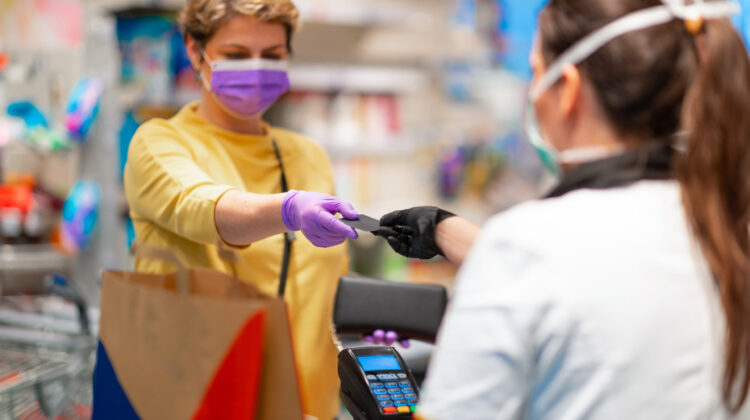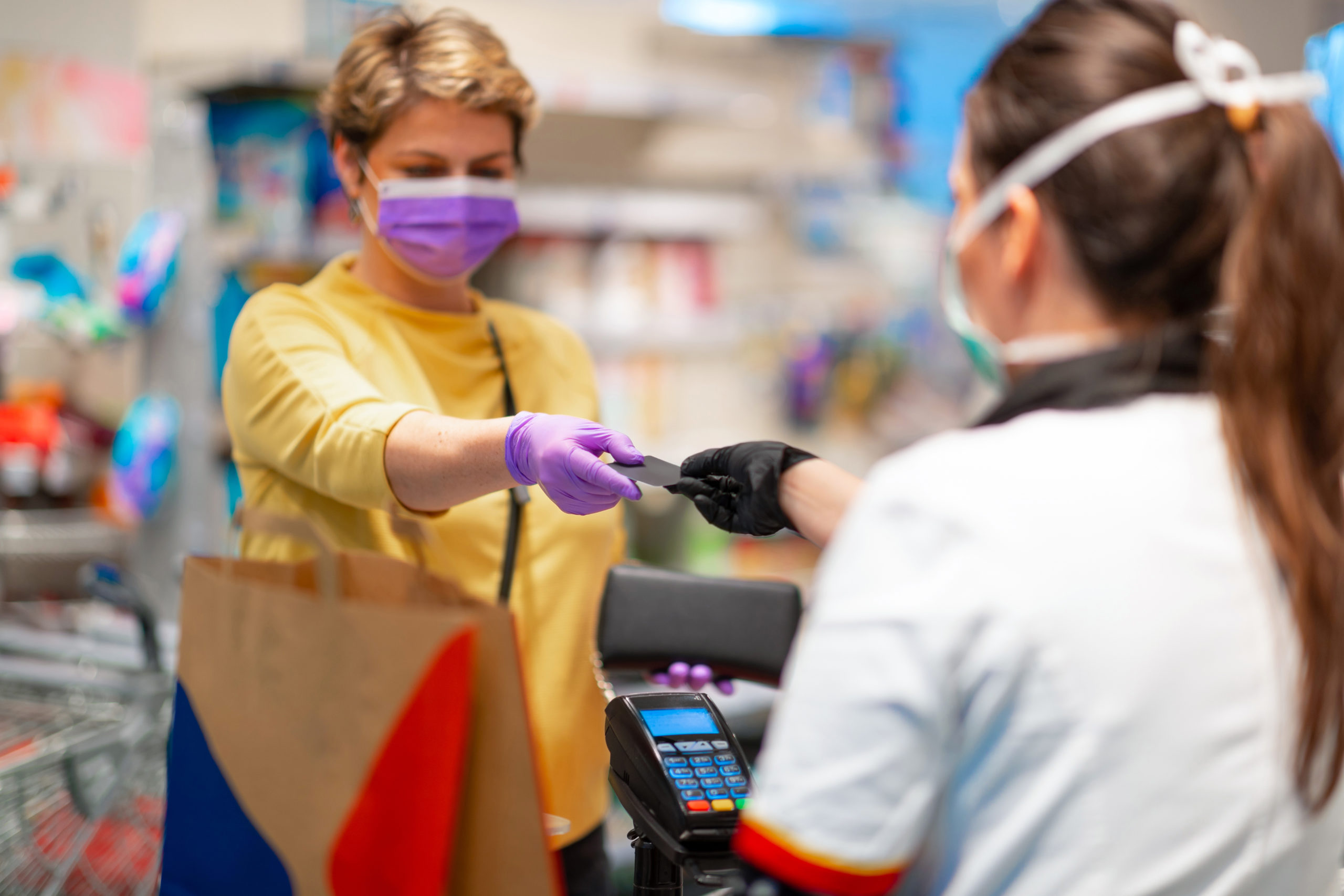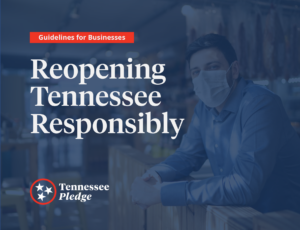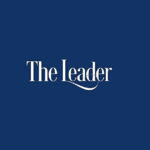

During a daily briefing Friday morning, Gov. Bill Lee presented some of the guidelines required for restaurant and retail businesses to gradually re-open next week.
Through the plan he’s calling the Tennessee Pledge, he also provides updates about the COVID-19 coronavirus and the state’s economy.
“It includes specific recommendations which enable most businesses to re-open responsibly without the burden of having mandates. This will be a gradual return to business as usual with room to adjust as we evaluate changing data.”
The Tennessee Pledge asks businesses to provide safe working conditions that protects their employees’ health and also protects consumers while securing their livelihoods. The governor also asks employees to commit to protecting themselves, their co-workers and the customers that they serve.
Tennesseans are being encouraged to “be on the same team” as businesses by acting responsibly, following guidelines for social distancing and wearing protective equipment, including the masks which have been ordered for residents.
“Only by working together as a community of volunteers can we successfully reboot our economy, a vital component of our lives, our security, our liberty and successfully move through this public health crisis.”
What are the restaurant guidelines?

To protect the health of employees, they must wear masks and gloves, report symptoms of illness to their supervisor and follow daily sanitation protocols.
To protect customers, restaurants must space tables six feet apart, limit occupancy to half of their seating capacity, limit seating to six people per table, use social distancing standards in the waiting areas and screen customers with basic questions about COVID-19 symptoms.
And though Tennessee is known for its music, Lee said, restaurants should have live music and must keep their bar areas closed.
Additionally, all front-of-house contact surfaces must be sanitized every two hours, menus must be sanitized between uses or replaced with disposable ones, rolled silverware and napkins must be used and stored in sealed bins and tables and chairs must be sanitized between customers.
Self-serve buffets, shared condiments and beverage stations cannot be yet be offered for use.
Restaurants must also provide ServSafe COVID-19 training for all food handlers.
What are the retail guidelines?
Retail establishments should protect employees by requiring them to wear masks, gloves and other personal protection recommended by the CDC. Employers should provide training on PPE, require employees to sanitize their hands with soap and water or hand sanitizer and should stagger shifts, breaks and meals to maintain social distancing.
Employees should report any symptoms of illness to their supervisor.
Additionally, customer capacity should be limited by 50 percent and customers should wear masks inside stores.
Retailers have been asked to establish one-way aisles and traffic patterns; increase curbside, pickup and delivery service options; consider dedicated shopping hours for the elderly, medically vulnerable and healthcare workers; and prompt customers about social distancing.
Businesses should also establish enhanced cleaning protocols, designate separate entrances and exits, use plastic shields or barriers between the customers and the clerk, adjust store hours to allow time for enhanced cleaning, prohibit reusable bags, suspend self-service food stations and dining areas, suspend the sampling of food and personal hygiene products, monitor compliance and add social distancing signage and announcements.
How will these guidelines be enforced?
While the state is providing guidelines so businesses can begin re-open responsibly, the state will not be enforcing them.
“We expect that businesses will take and commit to and post this pledge to take care of their customers and that will provide a clearance for folks to know that ‘this is a business that I can go into that’s safe,” Lee said. “We think that the consumers will enforce them, the business community itself will enforce them, the industry groups that have influence and impact and developed guidelines for industries, that’s how this is going to be enforced. What we know is that in the same way Tennesseans came together to put us in the position to be able to begin to reboot our economy, we know Tennesseans will once again put us in the position to have our economies start back up.”
Tennessee Commissioner of Tourism Mark Ezell, who spoke at Friday’s briefing, said he believes business owners and consumers will choose to act responsibly.
“We will believe the Tennessee Pledge will allow us a mechanism for businesses to rally around to provide a safe environment,” he said. “We think that they are committed to providing those safe steps with PPE, temperature screens and other commitments around social distancing that will protect folks as they begin to visit those businesses. We feel confident in our community’s response to this.”
It’s not a return to ‘business as usual’ – yet
Though businesses are gradually re-opening, Ezell wanted to make sure the state’s business owners and consumers were aware things aren’t back to the pre-COVID-19 normal.
“The Tennessee Pledge is our commitment to help get Tennesseans back to work in a safe environment and restore their livelihoods. I want to be clear, we are not returning to business as usual.”
Businesses should allow employees to continue working from home whenever possible, he said, and for those who aren’t able, social distancing, thorough cleaning and the use of masks and gloves should be practiced.
Lee said the health and safety of Tennesseans remains his number one priority.
“Much of our state’s current success in this fight is because Tennesseans naturally choose to put others first, they naturally choose to voluntarily adapt to safe practices. It’s that volunteer spirit that has been fighting this pandemic and it’s that same volunteer spirit that will help us rebuilding our economy.”
Close-contact businesses – such as gyms, massage therapy, salons and medical and dental practices – are still “on hold” and will like have to wait several more weeks before opening, he said. He expects to deliver guidelines for these businesses next week.






Leave a Reply